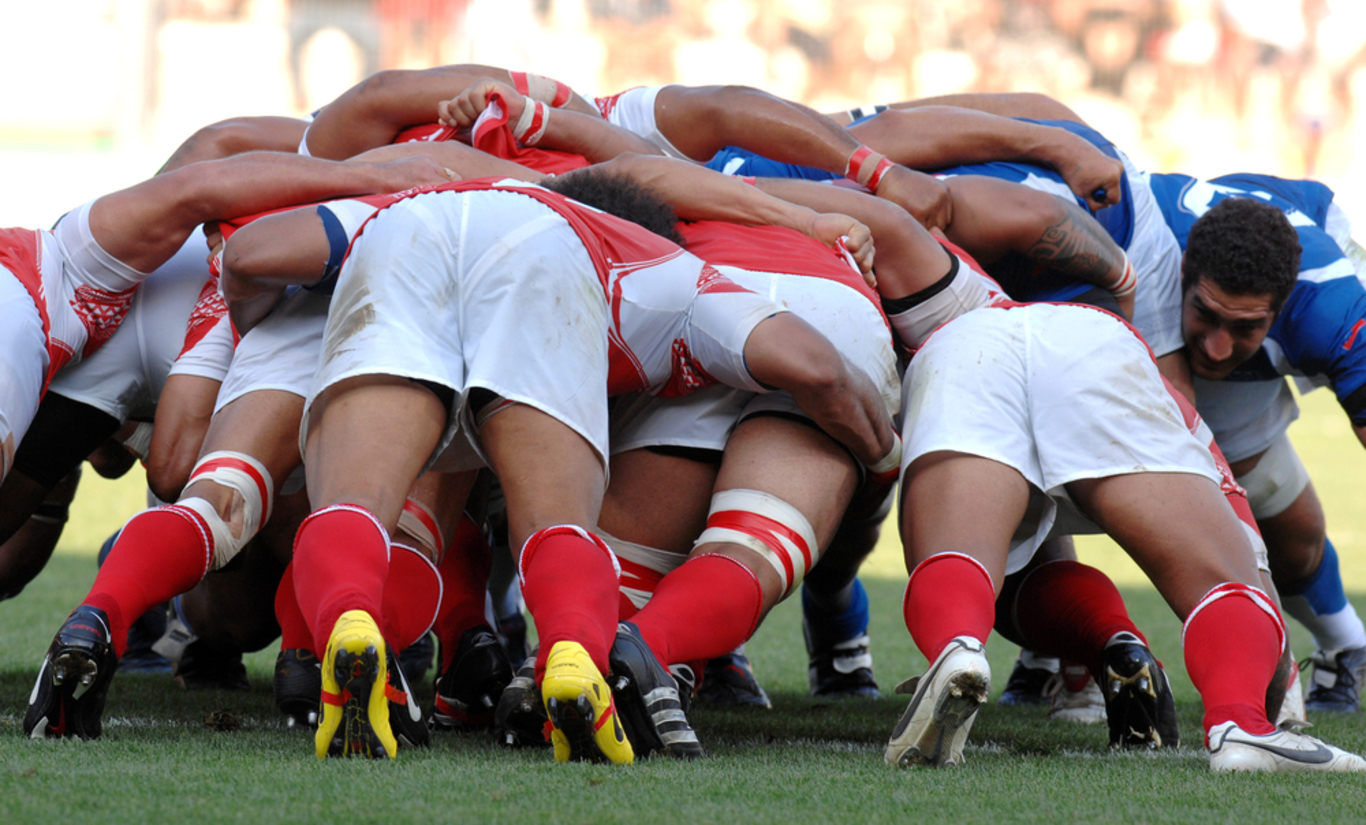What Ulster Rugby and Google can teach firms about answering tough questions
Ducking for cover in the midst of a media storm isn’t a communications strategy – it’s a stop-gap.
NEGATIVE NEWS STORIES have a nasty habit of dragging innocent bystanders into the eye of the storm.
The ripple effect of one organisation’s recklessness, personnel issues, corner-cutting or questionable corporate governance can easily spread to those ‘once removed’ from the controversy, be they competitors, customers, suppliers, investors, or former employees.
These external controversies can force organisations into the unenviable – and unintended – position of making abrupt decisions on major strategic plans, like deciding whether to press ahead with pre-planned media opportunities or PR campaigns that may have been months in development.
These decisions are based on judgement calls and gut feeling, frequently made under pressure and without all the facts.
More often than not, after much deliberating, the powers that be will elect for a safety-first approach and postpone or decline media opportunities until the storm has passed.
This is completely justifiable and frequently the right approach to take. Mischievous journalists will prod and poke at your business, often with the sole intention of blindsiding you.
That said, to borrow Sopranos parlance, “hitting the mattresses” in the face of a controversy isn’t a comms strategy – it’s a stop-gap. Businesses know that sensitive news stories always loom on the horizon. Equally, the decision not to engage can open a vacuum which your detractors will be eager to fill.
Often, taking the road less travelled and tackling the issue head-on pays rich dividends. The best communicators understand this and appreciate that in such scenarios, even a ‘scoreless draw’ can sometimes represent a ‘win’.
Yes, by talking to a journalist, these people know they’re entering potentially hostile territory, but they also know that they’re the expert on the subject and see the public platform as an opportunity to demonstrate their knowledge, character, strength of conviction and business transparency.
In doing so, they earn the respect of the audience – and interviewer – not to mention their staff, competitors and customers.
Weathering the storm
Recently, Google Ireland’s Fionnuala Meehan gave a brilliant interview to the Irish Times.
Google, like Facebook, has endured a torrid 12 months of scrutiny in Ireland and abroad on matters as diverse as tax, advertiser dissatisfaction, local community relations, and off-site contract employee working conditions.
By anyone’s standards – especially a journalist’s – this makes for a sizeable dossier of hazards and contentious issues.
Despite this difficult backdrop, Meehan addressed each and every issue faced by the company, remaining steadfast on Google’s business model and its commitment to Ireland while acknowledging its need to do better in certain areas:
On Google’s tax returns, Meehan said:
“We stand where we’ve always stood. We would welcome clearer rules and the work being done by the OECD to simplify rules for companies. We pay all the tax we are required to by law, and when that changes we will comply with that law.
On online advertising issues:
“We don’t get it right all the time, but when we get it wrong we put our hands up and put measures in place to improve things for the next time.”
On Google’s commitment to Ireland:
“Regardless of what tax is being paid, we have to do business in the region. Dublin is a huge part of business in the region.”
As a result of Meehan’s confident, concise and definitive responses, the journalist and readers all departed with a more humanised, nuanced and relatable viewpoint on the various challenges facing the business, both in Ireland and overseas.
As an exercise in leadership, it scores highly, with immense internal ‘team Google’ value.
Ulster Rugby
At the other end of the spectrum, Ulster Rugby’s senior execs have been a little more reluctant to engage.
The obvious court case aside, the province has seen the departure of two head coaches, under-performing overseas signings, and consistent criticism of its struggling academy structure, among other issues.
At a time when the organisation requires leadership and reassurance, neither were forthcoming and the province continues to pay the price.
Its recent attempts to ban non-sports journalists from a pre-match press conference is just the latest in a long line of poor decisions and a failure to proactively engage with criticism.
On the other hand, Meehan – and leaders like Michael O’Leary, Patricia Callan and Francesca McDonagh – all share the ability to answer difficult questions on their own terms.
In doing so, they redefine the narrative of a given story and utilise the public platform to advance their own strategic communications goals and re-enforce their leadership in the eyes of media, customers, competition and colleagues.
Paddy O’Dea is a senior client manager at PR360.
Sign up to our newsletter to receive a regular digest of Fora’s top articles delivered to your inbox.






